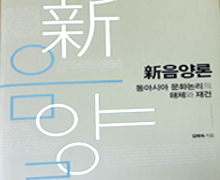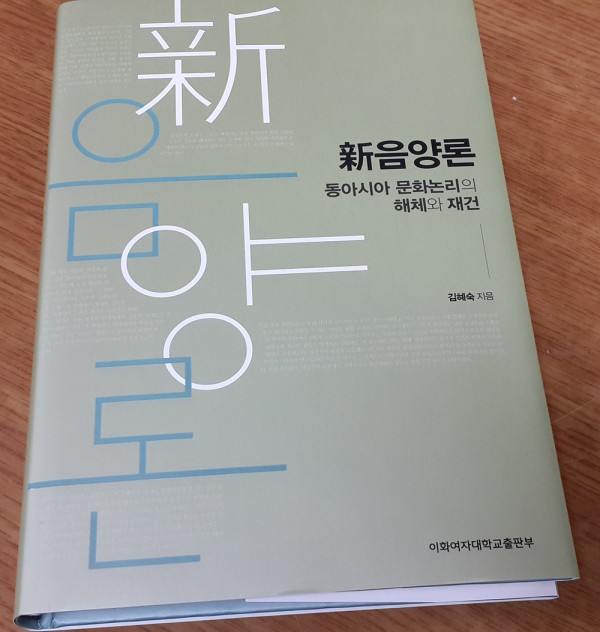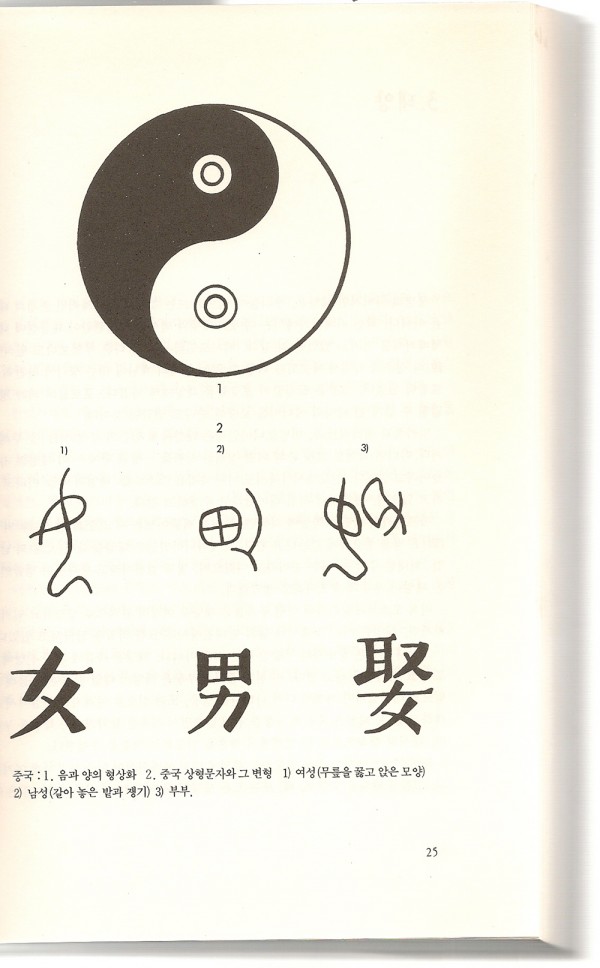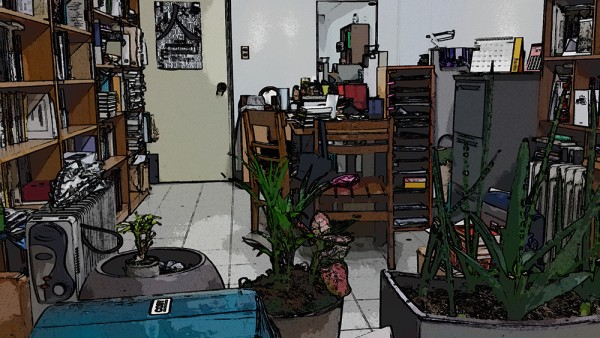본문
A Contemporary Interpretation of Yinyang:
De-Constructing the East-Asian Cultural Logic
by Prof. Heisook Kim (hkim@ewha.ac.kr)
Department of Philosophy specializing in philosophical methodology and epistemology in the western tradition and also working in feminist philosophy and comparative philosophy between the East and the West
Yinyang (陰陽) and five phases or elements (五行) constituted the cultural apriori of the East. Yin and yang in their origins were current words for ‘sunshine’ and ‘shade’, and used separately from the five phases of change. But after the Warring States in China, yin and yang came to be understood as two opposing forces generating everything in the universe. In I Ching (周易, the Book of Changes), we find an epitome of the concept, saying “The reciprocal process of yin and yang is called the Dao(道).”
The concept of yinyang has provided in East Asian culture an explanatory framework applicable to opposites, contraries, and hierarchical pairs. As the concept has been used in diverse contexts for so long period of time, it has multiple layers of meaning that cannot easily be analyzed into simple terms. The book explores philosophical aspects of the concept while interpreting it as a dialectical logic of the East, and examines the aspect where it has provided an ideological apparatus to enforce patriarchy. The author attempts to destruct the way the concept is interpreted to justify hierarchy between the male and the female and between the strong and the weak in society in general. But at the same time, she reconstructs yinyang as a dialectical way of thinking that may have a strong ethical implication.
The book contains 3 parts:
1. A historical overview of the use of the concept yinyang in the contexts of Confucianism and Daoism
2. The methodological and logical analysis of the concept from the perspective of comparative philosophy
3. Deconstructing the concept in the contexts of feminism and ethics
* Related Book:
Shinumyangnon was published in 2014 by Ewha Womans University Press in Korean.



